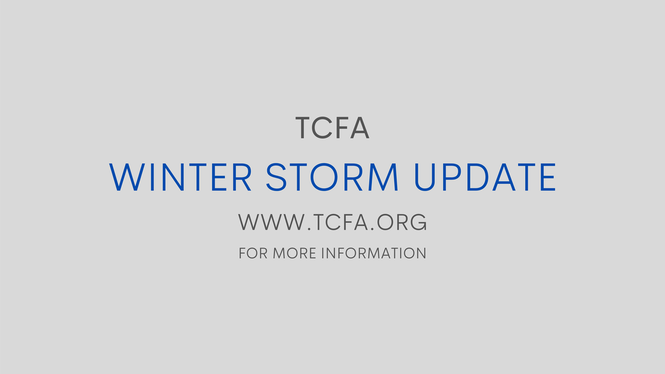|
Winter weather continues to affect Texas, Oklahoma and New Mexico. The Texas Railroad Commission (RRC) issued an emergency order on Feb. 12 to prioritize the use of natural gas for human needs and operation of gas fired electrical generation. All other users of natural gas were advised to curtail use. On Feb. 17, the RRC extended the order through Feb. 23.
“The entire beef supply chain across Texas, Oklahoma and New Mexico has been affected by grueling weather conditions this week. Despite the harsh conditions, feedyard employees and cattle care remained a top priority. In addition to our challenges at the feedyards, packing plant closures and reduced processing capacity have also been significant challenges,” Scott Anderson, TCFA chairman, said. “Feedyards were fortunate that the weather was predicted in advance, and cattle feeders were prepared to adjust and pivot, as necessary. Feedyards were encouraged to scale back their use of limited natural gas and electrical resources in coordination with their energy providers and worked with commodity and fuel suppliers to ensure availability of critical inputs. Crews worked around the clock, sacrificing their own comfort, to keep equipment running, check on every animal and make sure feed and water stayed plentiful. These individuals kept feedyard operations running,” he said. Ben Weinheimer, TCFA vice president, noted for Farm Journal that cattle feeders immediately began consulting with nutritionists to ensure cattle health and well-being and initiated multiple conversations with state officials and gas companies to ensure animal safety. Additionally, Gov. Abbott waived oversize and overweight permits allowing critical infrastructure, food, water and supplies to travel on state highways. He also waived the state Hours of Service requirement. TCFA continues to communicate with the Texas Animal Health Commission, RRC, Governor’s office, the Texas Department of Emergency Management, and natural gas and energy companies. Sen. Kel Seliger (R-Amarillo), Sen. Charles Perry (R-Lubbock), Rep. Ken King (R-Canadian), Rep. Four Price (R-Amarillo) and Rep. John Smithee (R-Amarillo) have all been in close contact with TCFA to work through issues. In those conversations, TCFA emphasized the importance of restoring gas supplies to processing plants in our region as soon as possible to prevent extended supply chain disruptions like those that occurred during COVID. TCFA is working with Texas A&M AgriLife and the Ag and Food Policy Center to compile an economic impact assessment to document the impact this winter weather event has had on cattle feeders and other crop and livestock producers. The information will be provided to elected officials and state agency representatives to emphasize the urgency of much needed improvements in energy infrastructure. Cattle producers may also be eligible for emergency assistance from USDA through programs that are administered by the Farm Service Agency (FSA) such as the Emergency Assistance for Livestock Program (ELAP), Environmental Quality Incentives Program (EQIP) and the Livestock Indemnity Program (LIP). A summary of disaster assistance programs available to producers impacted by winter weather is available here. A more comprehensive summary of FSA disaster assistance programs can be found here. Producers should contact their local FSA office for more information. |
Categories
All
Archives
June 2024
|
About TCFA |
Get Involved |
|

